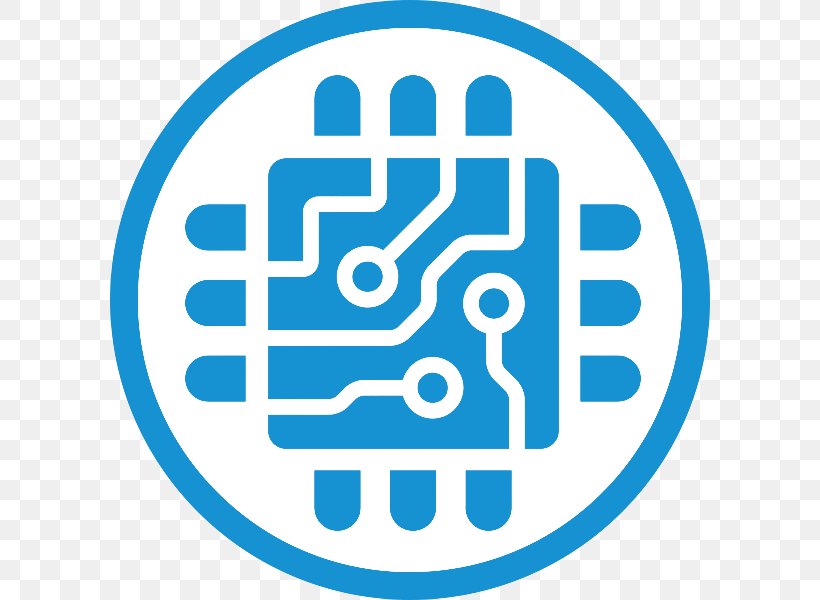

Tu as raison. Mon avis n’a pas changé. Trump est le pire de ce pays, mais l’americain moyen pense différemment.


Tu as raison. Mon avis n’a pas changé. Trump est le pire de ce pays, mais l’americain moyen pense différemment.


Je suis américain, et c’est aussi ma pensée. Malheureusement, je crois que Trump vient de gagner cette élection. Personne ne peut répondre quand il dit: «J’ai pris une balle pour le pays.» Aucune attaque politique contre lui ne peut réussir maintenant.


The water is already 208 degrees man.
Not wrong.


Honestly, that 180 day window thing is nominal. The execution of all of that will take way longer with all of the litigation that would happen, and it’ll take a couple of years to get it all enacted (slow at first then accelerating as more gets enacted).
Personally, I’d prefer if it were fast. The sudden change would wake people up, and cause way more civil unrest. If it’s slow, we end up as frogs slowly boiling. Fewer people will protest or cause issues if things unfold slowly. It’s the idea of the frog in the boiling water. If the changes are swift, there’s a higher chance of ordinary people taking notice and fighting to reverse them.
I’ve found this to be the case a lot, too. I also spoof my OS because a lot of government sites will refuse to work unless it says Windows. It’s stupid, but here we are.


C’est complètement dérangé.


Les questions de support et de responsabilité peuvent également être un facteur : il peut y avoir une perception de risque plus élevé associé à l’utilisation de logiciels sans garantie ou soutien formel.
Cette idée est la chose la plus importante pour beaucoup d’entreprises. Je l’ai vu quand j’ai demandé que je change mon ordinateur de travail pour Linux. Je suis vraiment plus confortable avec Linux, et je peux mieux travailler en utilisant Linux. Mais, le chef de mon départment m’a dit que « Sans soutien, Linux et les autres logiciels libres sont interdits. » Ils ne comprennent pas la technologie, alors ils en ont peur.


Yeah, I’m in the same boat.


There’s also PeerTube, the Fediverse counterpart to YouTube. Unfortunately, while there’s some good stuff you can find (and some re-uploads of YouTube), there’s just not as much content. I’d imagine the userbase is pretty small, too.


I use a cheap VPS to host my email server. It’s a bit easier than running it solely at home, but there’s a lot of annoying work to “verify” yourself. Once you get your DNS records good, you shouldn’t be blocked after that (unlike a home server). It only costs me $5/month plus the domain, which I think is money well spent. Doing the admin work to make sure I’m secure still needs to happen, but I don’t mind that work and find it fun.


It’s almost like racism, anti-intellectualism, and general bigotry are bad for business. If right wingers want an LLM that aligns with their regressive beliefs, they are free to buy their own GPUs and train it themselves. Considering how much math is involved (and education to understand it), I wish them the best of luck; I’m sure Cletus was sure to teach his homeschooled children all about linear algebra.


Except this is a state case. Unless he also has the Supreme Court Court of Appeals of the State of New York under his control…he’s going to have a rough road ahead I think.
The truly unfortunate part is that this may be the only conviction we get. The documents case is being destroyed by the judge, and SCOTUS is likely going to tank the January 6th case.
EDIT: Caught me! I’m not from New York and didn’t check 😅


escooters which are terrible
That’s a bit of a stretch. They aren’t great, but they’re still better than a car, and a lot of the disadvantage is because of poor infrastructure and lack of courtesy by a lot of e-scooter riders. One of those is easier to fix than the other.
E-bikes are way better than e-scooters, though, and I’d say e-bikes are more versatile.


The original paper itself, for those who are interested.
Overall, this is really interesting research and a really good “first step.” I will be interested to see if this can be replicated on other models. One thing that really stood out, though, was that certain details are obfuscated because of Sonnet being proprietary. Hopefully follow-on work is done on one of the open source models to confirm the method.
One of the notable limitations is quantifying activation’s correlation to text meaning, which will make any sort of controls difficult. Sure, you can just massively increase or decrease a weight, and for some things that will be fine, but for real manual fine tuning, that will prove to be a difficulty.
I suspect this method is likely generalizable (maybe with some tweaks?), and I’d really be interested to see how this type of analysis could be done on other neural networks.


I’m in Illinois, and my entire family thought I was nuts for supporting bail reform. My cop brother said that we’d have hordes of criminals on the street causing more crime, and my parents again voiced how they “want to move out of state” (because Indiana is sooooooo much better /s). They never could answer why paying to be set free until court was so central to security because it never made sense to tie pre-trial lock up with ability to pay.
They never bring it up anymore, and for that, I’m grateful.

Blue or green for me. Never could find a proper teal folder.


Hey, don’t be rude. Cave women were far more civilized and intelligent. They don’t deserve being compared to MTG!


You’re getting downvoted, but you’re right. And that is the reason that using proprietary software and SaaS is a problem. If I’m only buying the right to use a copy of something as a company sees fit, then I’m not really buying anything. I’m essentially paying a company a tribute to use their software in their way.
Decades ago, it was the same way, but it felt different. We got physical media, and we could do what we wished with the files: modify them, delete them, etc. Hell, the EULAs for some '90s and early '00s software even said you could use the software in perpetuity, and we could use software in anyway we saw fit. The biggest constraint was on selling copies. Back then, and even now, that seems pretty reasonable. (Though, as an aside, it would have been better to also get access to the source code, but I digress.)
Now, we have to use company’s software exactly how they want us to use it. Personally, I refuse to go along with this (as much as I can), so I have migrated most of my digital life to FLOSS.


Yeah, I agree. It was well-written, and I thought it was good, but saying this was the best SOTU of all time seems a bit far-fetched. Biden straight-up isn’t a great orator, and that’s fine by me. I would rather someone who can do the job than make wonderful speeches.
Now, how Biden dealt with the hecklers was pretty great, I’ll say.
Depends on your skills. Documentation is always useful. If you have language skills, translation of documentation or helping create language packs/translations.
That’s just off the top of my head. I’m sure if I thought about it, I could come up with more.